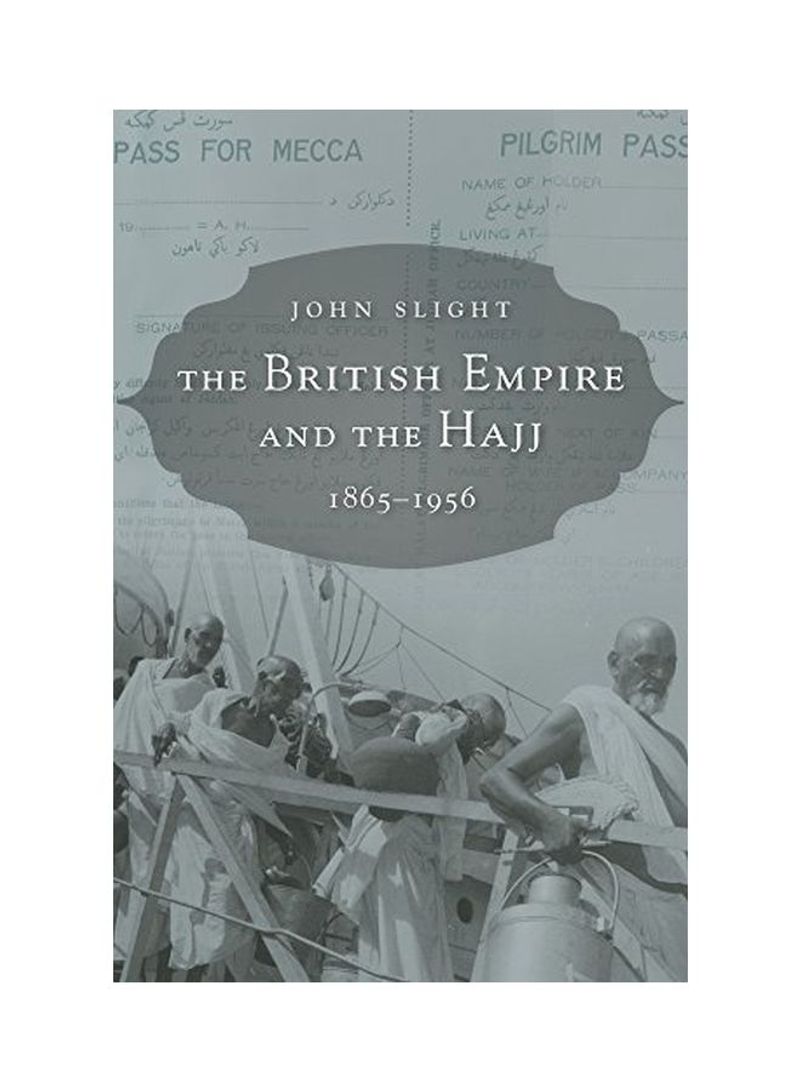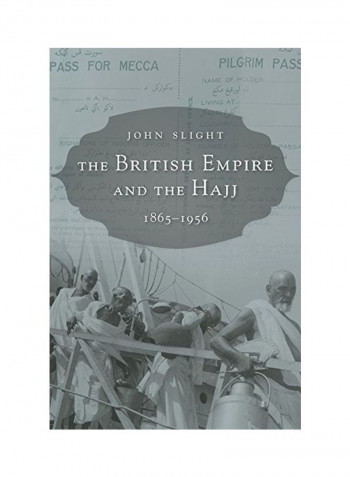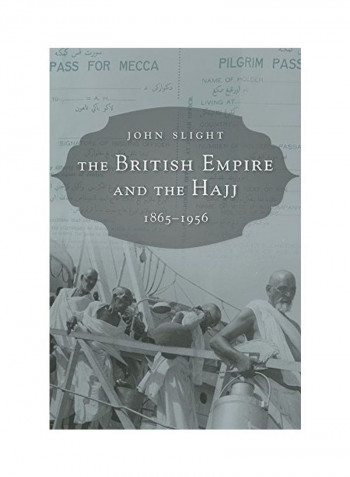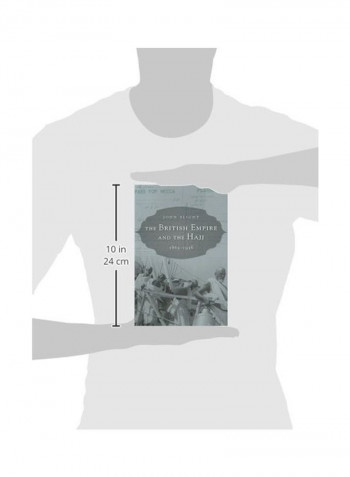The British Empire And The Hajj 1865-1956 Paperback
Recommend
Sort by
Rating
Date
Specifications
Country of Origin
India
Author 1
John Slight
Book Description
The British Empire at its height governed more than half the world's Muslims. It was a political imperative for the Empire to present itself to Muslims as a friend and protector, to take seriously what one scholar called its role as "the greatest Mohamedan power in the world." Few tasks were more important than engagement with the pilgrimage to Mecca. Every year, tens of thousands of Muslims set out for Mecca from imperial territories throughout Africa, the Middle East, and Asia, from the Atlantic Ocean to the South China Sea. Men and women representing all economic classes and scores of ethnic and linguistic groups made extraordinary journeys across waterways, deserts, and savannahs, creating huge challenges for officials charged with the administration of these pilgrims. They had to balance the religious obligation to travel against the desire to control the pilgrims' movements, and they became responsible for the care of those who ran out of money. John Slight traces the Empire's complex interactions with the Hajj from the 1860s, when an outbreak of cholera led Britain to engage reluctantly in medical regulation of pilgrims, to the Suez Crisis of 1956. The story draws on a varied cast of characters-Richard Burton, Thomas Cook, the Begums of Bhopal, Lawrence of Arabia, and frontline imperial officials, many of them Muslim-and gives voice throughout to the pilgrims themselves. The British Empire and the Hajj is a crucial resource for understanding how this episode in imperial history was experienced by rulers and ruled alike.
ISBN-10
067450478X
ISBN-13
9780674504783
Language
English
Publisher
Harvard University Press
Publication Date
09 Oct 2015
Number of Pages
456
About the Author
John Slight is a Research Fellow in History at St. John's College, University of Cambridge.
Editorial Review
This is an excellent book... It will be indispensable for anyone interested in the Hajj.--William Roger Louis"Times Literary Supplement" (03/25/2016) [Slight] explores this important but largely neglected history of Hajj and does so by tracing British involvement with the regulation and performance of this Islamic ritual from early 1860s until the Suez Crisis of 1956... Based on a combination of archival and secondary sources, this is an unusually informative, meticulously researched and highly readable book... This book will prove to be a useful source of reference on the subject for future researchers and writers alike.--Muhammad Khan"Muslim News" (03/24/2016) Impressively lucid, this is a 'must-buy' addition for anyone interested in the Hajj and Western involvement in it.--John Darwin, University of Oxford The ambit of this book is formidable. The British were almost everywhere, globally, between the mid-nineteenth and mid-twentieth centuries, and this book tells of their activities vis- -vis the Hajj. Slight has done a wonderful job of making a huge subject transparent and understandable.--Eric Tagliacozzo, Cornell University This is a wildly ambitious book, covering a mind-bogglingly complex array of geographies and periods, requiring deep familiarity with African, Middle Eastern, Indian, and Southeast Asian histories. Slight balances all of this with tremendous ease and an engaging style. He is among the very few scholars with the skill set needed to speak to scholars of the British Empire, the Islamic world, and global history with virtually equal authority. The result is the most wide-ranging and significant book on the colonial-era hajj to date.-- (04/01/2017) This is a fascinating book, and particularly timely for those who ponder the nature of the West's relationship with the Muslim world...This is a valuable, intellectually robust but still highly accessible work that does much to elevate our understanding of a truly significant phenomenon within the history of the British Empire. More importantly, Slight has done much to clarify our understanding and recognition of the inherently Islamic nature of that empire in significant respects.-- (02/01/2017)




